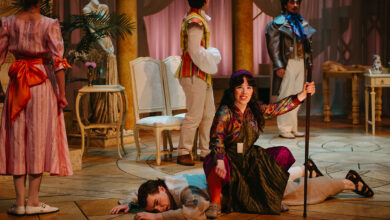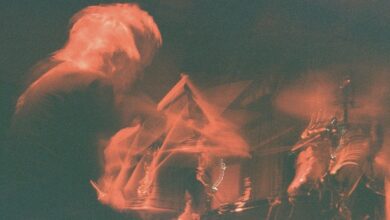Craig Martell finds Wunder in Edmonton relocation
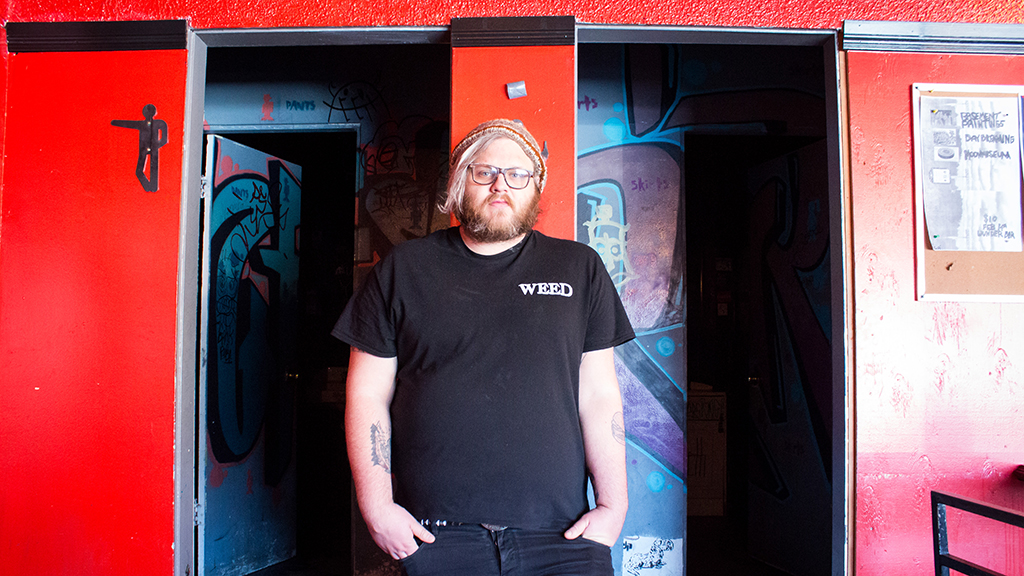 Christina Varvis
Christina VarvisWhen Craig Martell first came to Edmonton, he had no idea how big of an impact he would have on the local arts community.
As the face of Wunderbar, a beloved comedian, and one of the talent-buyers at Starlite Room and Brixx, it’s no wonder he’s second only to the mayor for local hero in Vue Weekly’s annual “Best of Edmonton” awards. But it didn’t all happen overnight.
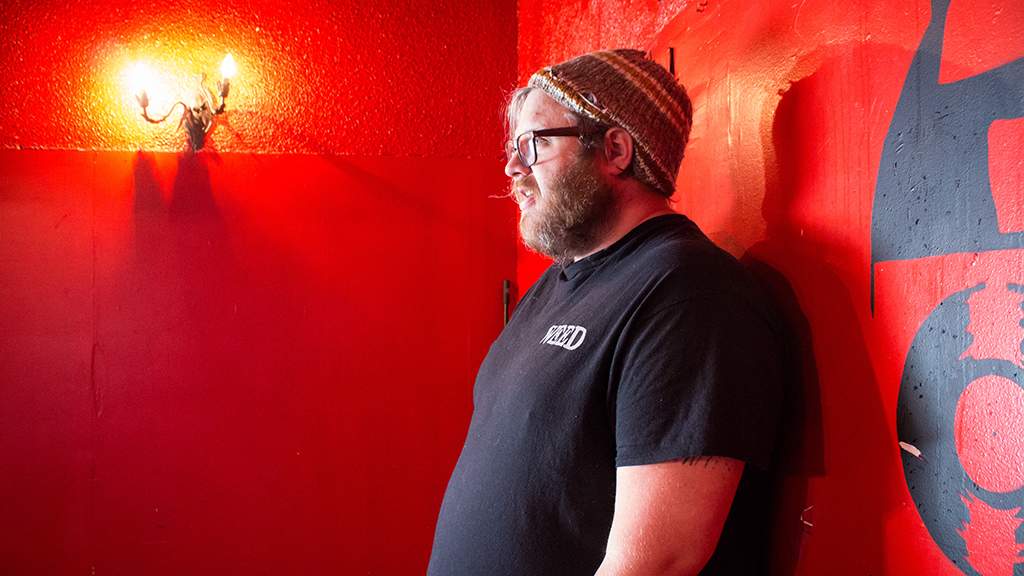
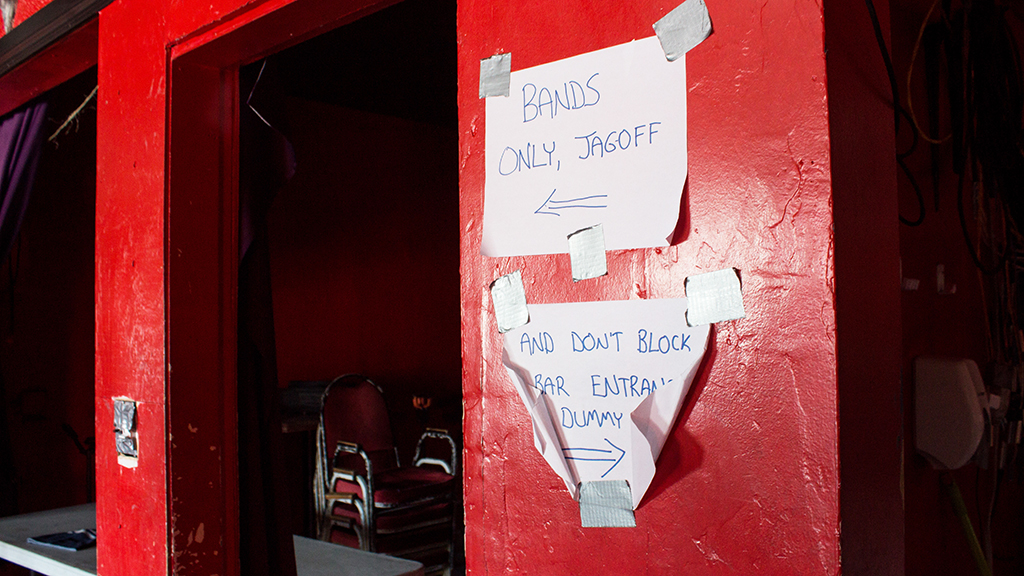
Martell was born and raised in Cape Breton, Nova Scotia, where he first discovered his love of live music despite living in a town that he describes as “blatantly trying to hold back any artistic talent.” Martell chose to stay and attend university in Cape Breton after graduating high school, where he deepened his love for the arts scene.
“I was the entertainment editor for my school paper, and I hung out at the radio station a lot despite not working there. I met a lot of really cool people who I wanted to hang out with,” recalls Martell.
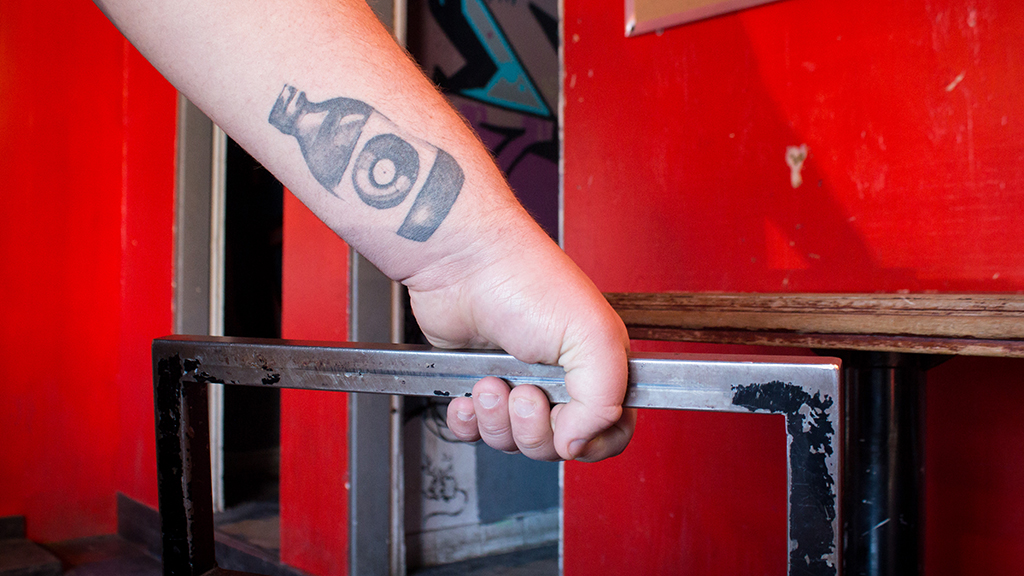
Six months before graduating from university, Martell and his father had a discussion about what Craig would do with his degree in English with a History minor. Realizing that he didn’t want to lose his love of literature by teaching it to a bunch of bored high schoolers, he dropped out and moved to Halifax.
“I moved in with a group of strangers, and it was incredible,” says Martell. “I met all these new people, and I became more integrated in the Halifax music community.”
For seven years, Martell worked at various call centres and as an insurance salesman, which he looks back on as one of the most mentally exhausting times of his life. He wasn’t able to break out of the rut of high-stress number crunching and weird office social dynamics until a good friend of his offered to pay three months-worth of rent for Martell to stay with him in Edmonton. He was not looking forward to it.
“We don’t realize it, but everybody talks about Edmonton the way Edmonton talks about Regina,” he adds. “It’s just gross.”
Because of the economic explosion of the oil boom, there were ample job openings. Martell quickly got a job serving at Lazia in City Centre Mall, and soon after switched to bartending at Sherlock Holmes. There, he and two of his coworkers, Levi Christensen and Chris Janke, decided to become business partners and buy a bar together.
Wunderbar became a revo-lutionary venue in the city, focusing on creating a space that was safe from negativity and all things mainstream rather than cutting corners to make a profit. Artists were treated with a level of respect that, until then, was not the standard.
However, Wunderbar hasn’t experienced the draw of people and revenue that it expected, and the bar is now up for sale with an unknown future.
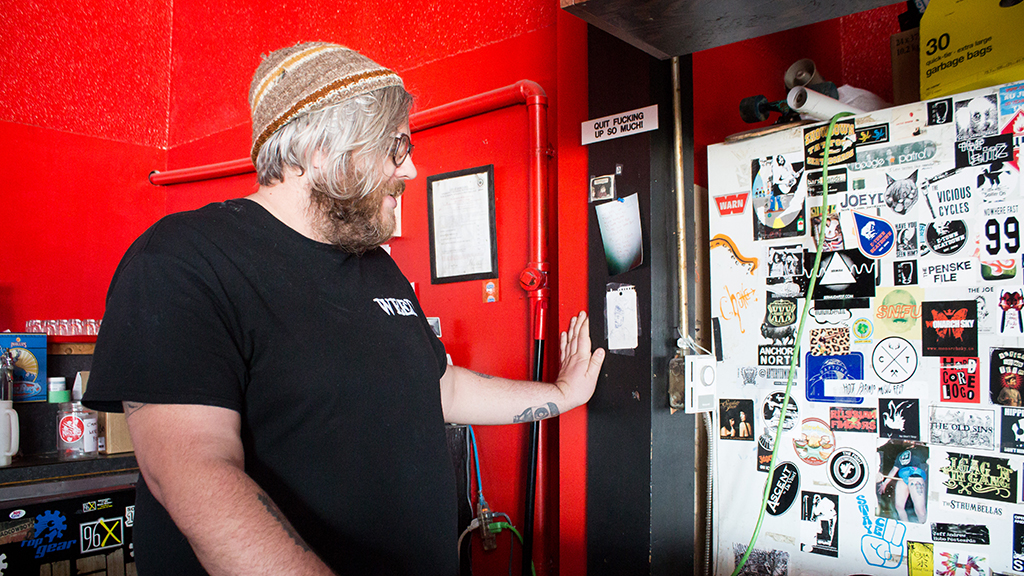
“Everyone I know at Wunderbar is important to me, I’m forever reminded by everybody how special the place is,” he says. “But 90 per cent of the population hasn’t heard of it and doesn’t care. And that’s what’s interesting. The average Joe doesn’t know, that’s why we’ve never made money.”
No matter what happens to Edmonton’s favorite hole-in-the-wall venue, Martell’s mark has been left on the city. Bands get to experience fair treatment no matter where they go. It would be hard to find any craft beer at venues today if it weren’t for Martell’s decision to not sell shitty beer.
While Martell didn’t find financial success at Wunderbar, he found a tight knit community where he could contribute to the arts community.


